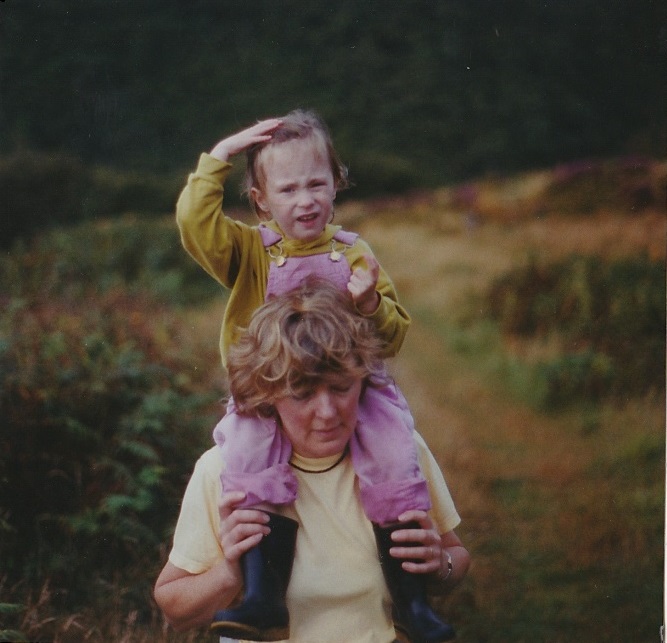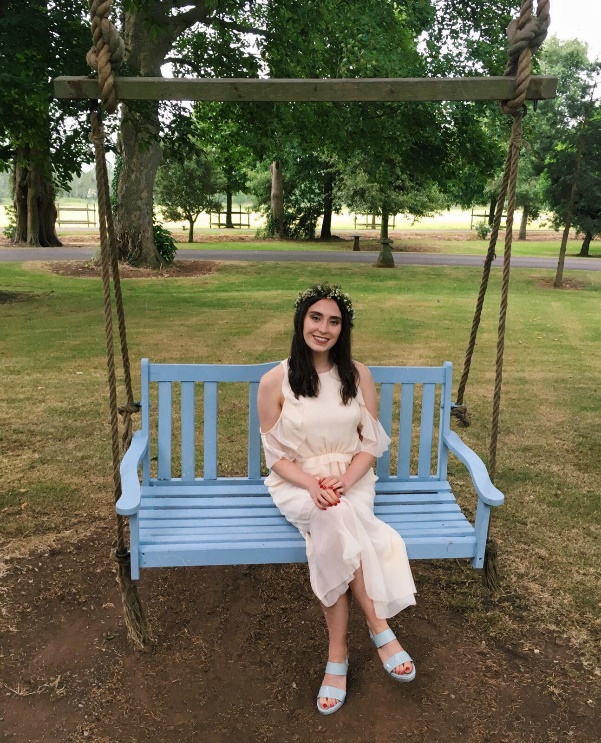From Researched to Researcher
Tommy's Guest Blog by Harriet Sander
Twenty-one years ago I was born at twenty-nine weeks in Hammersmith Hospital, vulnerable and minute, weighing less than a bag of sugar at 1 lb 11 oz.
Immediately after I was delivered via caesarean section, I was rushed upstairs to the neonatal intensive care unit, where I remained for three months completely dependent on artificial oxygen.
I had an open arterial duct (hole in my heart) which miraculously closed up by itself and suffered from several bouts of pneumonia in my first 4 years.
For the majority of my childhood, I remained on the lowest percentile on every growth chart; I used to fill with such dread when being measured at school as I knew I would be the smallest and lightest in my class. My mother struggled with my severe temper tantrums and my almost non-existent appetite, yet she fought tirelessly for me to get extra academic support in school.

Throughout my early years, my physical and cognitive development was assessed by university researchers, who identified my slowness at completing tasks and my difficulty in maintaining concentration. My parents were adamant that I was put into the year below at school; however, the head teacher did not consider this an option. Consequently, I found primary school challenging; I felt as though I was forever trying to catch up with the other children. However, during my time at my secondary school, Watford Grammar School for Girls, I did not let my inherent slowness defy me and I developed a passion for learning. It was this determination and the love and support from my family that enabled my progress in education.
Until recent years, I never duly understood the impact that my premature arrival had on my family. Even to date, friends of the family say ‘oh I remember when you could fit in the palm of your dad’s hand’ or ‘you were as light as a feather’. I used to get very embarrassed and try and shrug it off, but now I realise that to my family, I was ‘their miracle’, ‘their survivor’. Yet, I am not defined by my prematurity, instead it has driven me to achieve in life.

My Research
I am now in my final year at Durham University studying Anthropology, something unimaginable in my early days at primary school. As part of my degree, I am writing a dissertation on ‘The influence of parity on maternal-neonate separation and skin-to-skin contact in mothers of pre-term infants’, looking at how the experience of the neonatal intensive care unit (NICU), skin-to-skin contact and mother-infant bonding differs in first time mothers and mothers who have previously given birth. Unlike the majority of studies on prematurity, my research places the maternal perspective of premature birth at the forefront.
I am recruiting mothers who have given birth to a premature infant(s) (under 37 weeks) 1-10 years ago AND experienced post-partum care in a NICU.
Participants will be asked to take part in one interview that consists of relatively short questions. I am ideally looking to interview mothers in January and February 2018.
I am honoured to have been given the incredible opportunity to give something back to my mother, and all premature mothers, as without their continuous support premature children, like myself, would not survive or flourish to their full potential. The support and research undertaken by premature charities, like Tommy’s, is fundamental in supporting families of premature infants at such an overwhelming time.
If you are interested in being part of this research project, or would like more details, get in touch with Harriet via [email protected]
If you would like more information on our research into premature birth see here.
Get our free app for parents of premature babies. It is the first of its kind in the UK. 'My Premature Baby' is available on all devices.
Read more personal stories
-
Read more about 'No one expects this to happen to them 'Premature birth blogs
No one expects this to happen to them
-
Read more about 'I’ve no doubt the team at the Tommy's placenta clinic saved my daughter’s life 'Premature birth blogs
I’ve no doubt the team at the Tommy's placenta clinic saved my daughter’s life
